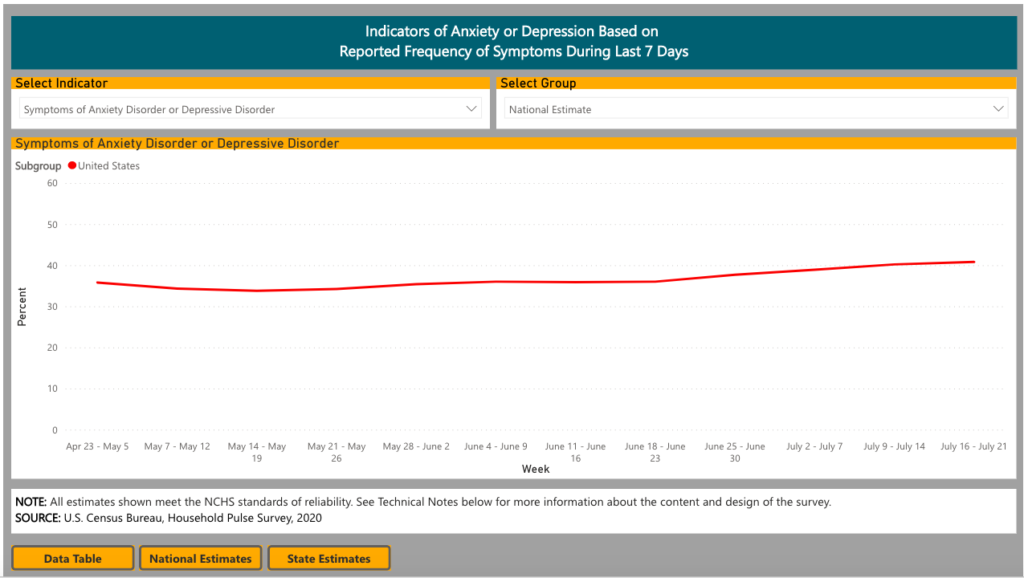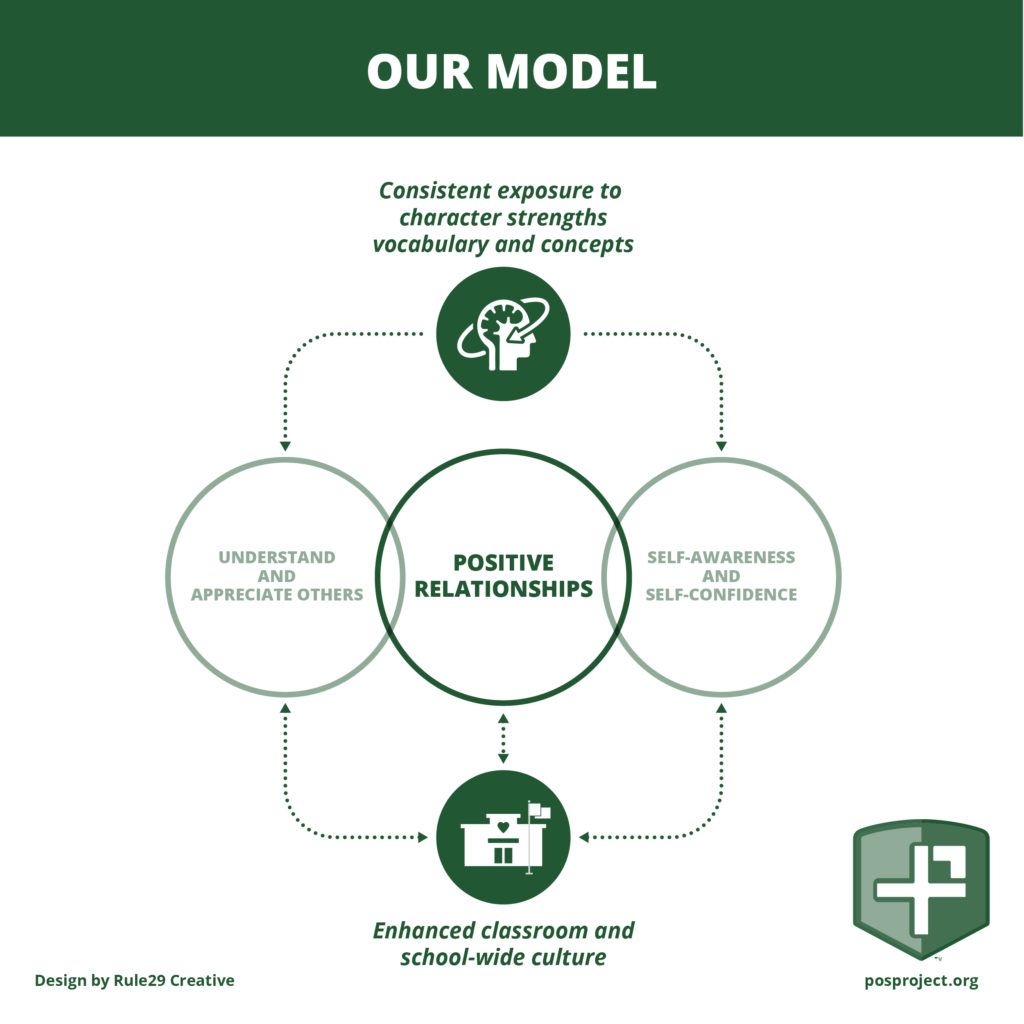Why P2 in 2020
By Jeff Bryan2020 is throwing a lot of challenges our way. As the social structures that we have previously relied on to fill our relational buckets have been drastically altered, many of us find ourselves feeling more distant, isolated, and depressed. Positive relationships have always been tough to build and maintain. But, with social distancing due to COVID-19, developing positive relationships in our lives has become even tougher.
This is especially true for children, many of whom are still trying to understand why they can’t go to school and see their friends — while sorting through emotions they have never felt before.
By 2018, loneliness was already dubbed an “epidemic” in America — with 18-22 year-olds cited as the loneliest generation of all. Social distancing, mandated by quarantine, has only exacerbated the mental health issues our country already faced. According to the CDC, over 33% of adults reported symptoms of anxiety disorder and/or depressive disorder between April 23 – July 14, 2020 — the comparison data from January – June 2019 is 11%. And, this data is for adults who have learned certain coping skills over the course of their lives.

For children, the impact could be even more severe. As the American Academy of Pediatrics warned, “There is already evidence of the negative impacts on children because of school closures in the spring of 2020. Lengthy-time away from school and associated interruption of supportive services often results in social isolation, making it difficult for schools to identify and address important learning deficits as well as child and adolescent physical or sexual abuse, substance use, depression, and suicidal ideation. This, in turn, places children and adolescents at considerable risk of morbidity and, in some cases, mortality.”
As the National Scientific Council on the Developing Child (NSCDC) at Harvard University found, “Resilience requires relationships, not rugged individualism.” That’s because, when researching why some children do well and show resilience despite exposure to stressful circumstances and hardship, the NSCDC observed: “The single most common finding is that children who end up doing well have had at least one stable and committed relationship with a supportive parent, caregiver, or other adult.”
These staggering statistics and dire warnings drive our “Why” now more than ever. We know that relationships are paramount to student learning and growth. Tapping into our positive relationships and our character strengths — i.e. demonstrating #PositivityInAction — will be critical in helping all of us be resilient in the face of these difficult times.
With many school districts across the nation going virtual or hybrid to slow the spread of COVID-19, we can’t help but ask:
How can educators build relationships that matter so much to students’ learning and well-being?
How can educators help students overcome the challenges that they’re facing?
While it’s not a magic cure-all solution, we believe that The Positivity Project (P2) can help, serving as an effective Tier 1 SEL approach.
As P2 principal Brett Woodcock recently stated, “So many in education talk about the importance of relationships. The Positivity Project resources provide teachers with the tools to actually teach students the skills they need to build positive and more meaningful relationships.”
To help educators teach character and relationships, our school partnerships provide a fully-digital suite of Pre-K – 12 differentiated resources designed for low-prep, daily, 15-minute lessons over 32 weeks of the school year. These can be used for teaching in both synchronous and asynchronous virtual classrooms. The content includes seven weeks of the Other People Mindset — a deliberate focus on building and maintaining positive relationships — and 25 weeks of character strengths, such as bravery, kindness, integrity, and open-mindedness.

In addition to daily resources, we have 30+ project-based learning units that are differentiated K-2, 3-5, 6-8, and 9-12. And, we are releasing P2 for Families, which will help connect P2 to students’ homes through 1 quote, 1 video, and 3 questions. This is designed to be easy for parents to use to lead conversations around the importance of character strengths and positive relationships. It will be differentiated for grades Pre-K-2, 3-5, 6-8, and 9-12.
Regardless of your classroom setting this year, we believe that having a common vocabulary for students to describe what’s good in people is critically important. It’s also important to remember that character strengths aren’t about ignoring the negative. Instead, they help us overcome life’s inevitable challenges. For example, you can’t be brave without first feeling fear; you can’t show perseverance without first wanting to quit; you can’t show self-control without first being tempted to do something you know you shouldn’t.
To learn more about how you can use P2 in your classroom — whether virtual, in-person, or hybrid — please connect with us at www.posproject.org


